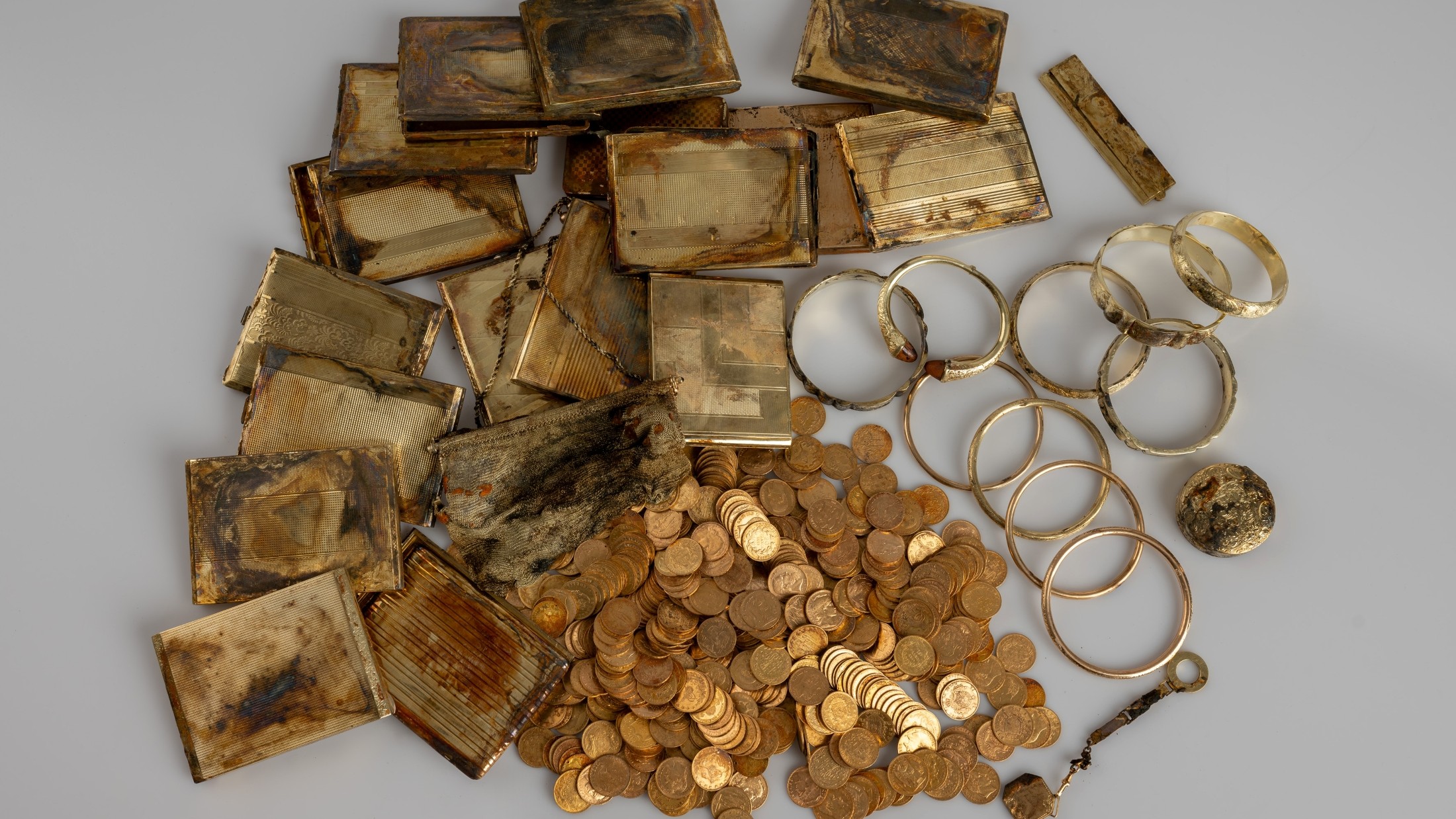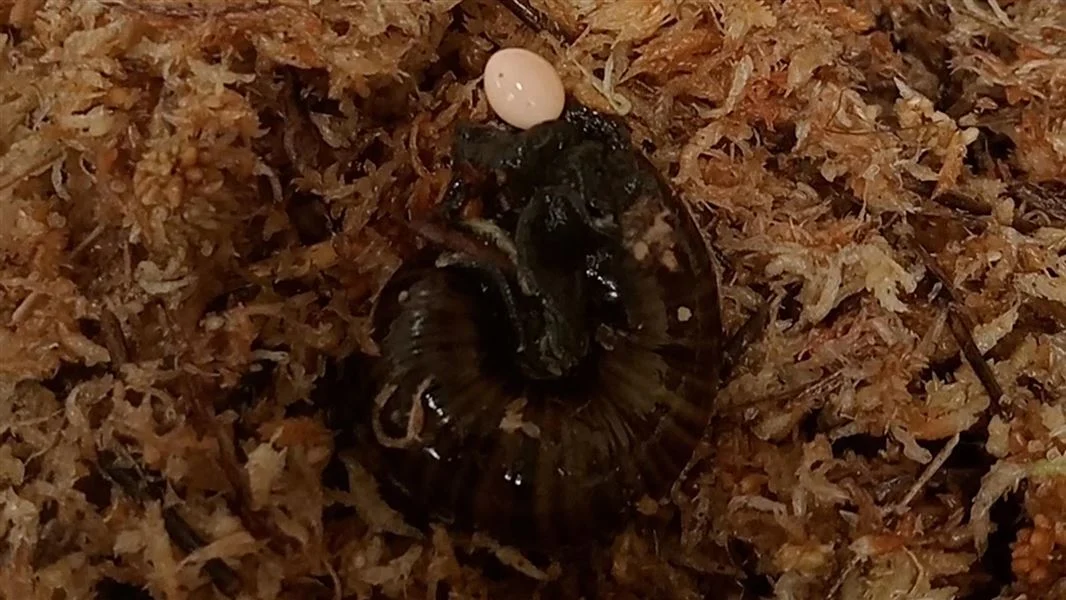Why Is Too Much Sugar Bad for You?

Each week, MyHealthNewsDaily asks the experts to answer questions about your health. This week, we asked nutritionists and diabetes specialists: Why is excess sugar bad for you? Here's what they said.
Dr. Zachary Bloomgarden, professor at the Mount Sinai School of Medicine in New York City:
Sugar is bad for you a because it has calories, and because if you have diabetes or a diabetes-related condition — lets say high blood fat levels — then having sugar will increase your blood sugar and your triglycerides, which is a risk factor for heart disease. (Triglycerides are a type of fat in the blood.)
If you have someone who has diabetes, their problem is that either they aren't producing insulin, or are resistant to it. Without insulin, eating sugar will increase blood sugar. But, essentially, diabetes is not just about blood sugar. It's about, blood sugar and triglycerides, and lipid levels.
Sugar is very calorie-dense. So you can easily consume a lot of sugar in soft drinks, and in all kinds of food that contain added sugar. It's not that the sugar calories are more fattening than any other calories. It's just calories are calories, and sugar packs a lot.
+ + +
Rachel Johnson, professor of nutrition at the University of Vermont in Burlington:
Sign up for the Live Science daily newsletter now
Get the world’s most fascinating discoveries delivered straight to your inbox.
The bottom line is that sugar does one of two things. It either displaces more nutritious foods in your diet, which means you're screening out nutritious-dense foods, or it adds calories to your diet. So if you're adding calories on top of an already nutritious diet that puts you at risk for weight gain.
There's been a lot of research in recent years looking at the impact of added sugars — not the sugar naturally occurring in fruits and dairy products. What we know is that added sugars put you at a higher risk for a poor lipid (fats) profile: Higher triglycerides, lower HDL (the good cholesterol) and higher LDL levels (the bad cholesterol) in the blood. A poor lipid profile increases your risk for coronary heart disease.
There's also been some research that has shown that added sugars increase your risk of high blood pressure. And added sugars seem to promote inflammation, and more and more we find that inflammation is not good for the heart.
+ + +
Marisa Moore, spokesperson for the Academy of Nutrition and Dietetics
There are several problems with excess sugar. All types of sugars do promote tooth decay. The more often you're eating sugary foods, then the more often you give that bacteria in your mouth time to go to work on the sugar.
When we look at the types of foods that are high in added sugar, they often are not high in nutrition. So eating a lot of sugar is a general indication that maybe you aren't eating as healthy of a diet as you could.
The other problem is that it can be a contributor to obesity and weight gain, that is because you are replacing foods that would be nutrient-dense with empty calories.
Weight gain has been associated with high risk of heart disease, diabetes and certain types of cancer. Sugar, no matter, where it's coming from, does tend to increase our triglycerides, or fat levels in the blood, and higher triglycerides increase your risk for heart disease. Everything goes back to heart disease; it is the number one killer of Americans.
+ + +
Stephanie Dunbar, director of nutrition and medical affairs at the American Diabetes Association
There's a couple issues with sugar. The biggest thing is that there's no nutritional value. Foods that tend to have a lot of sugar added, they don't provide the satiety that you get from other more healthful foods, so people tend to consume more calories when they eat foods with more sugar in it.
The other worry is sugar-sweetened beverages. If you eat a cookie or a piece of cake, you have hormones to signal that you feel like you've had something to eat. That doesn't happen with a soda.
It doesn't mean that people can't have a treat occasionally, but most Americans are getting too many calories through sugary foods and sugar-sweetened beverages. That means you're not getting fiber, you're not getting vitamins, minerals.
What we recommend for diabetics, is if someone's going to have a small piece of cake, or a small piece of pie, then you would cut back on the other carbohydrates in the meal. If you normally have half a cup of rice, if the treat is going to be one cookie, then you have to have very little rice. The portion sizes for the most sweets are very small, but the sweets aren't. The cookies they sell in the stores, some have 400 calories. A cookie is equal to a large salad in terms of carbohydrates.
+ + +
Mary Ellen DiPaola, dietitian at the University of California San Francisco Medical Center
Glucose is the body's major fuel and is broken down from carbohydrates, a combination of sugar molecules, in the foods we eat. Simple sugars such as sucrose (table sugar) and juice (fructose) are composed of only one or two sugar molecules and are converted to blood glucose faster than more complex carbohydrates like whole grains and vegetables.
Carbohydrates come from all food groups except proteins and fats. Fruits, vegetables, starchy foods, milk and yogurt are all sources of carbohydrates. Sweet foods and beverages such as baked goods, frozen desserts, candy, juice, soft drinks and other sweet liquids also contain carbohydrates in the form of simple sugar. Table sugar, honey, molasses, syrup, jelly/jam, and any other sweet additions are also carbohydrates termed as "simple.”
All these very tasty and fun foods and beverages can displace more nutritious complex carbohydrates, which provide vitamins, minerals, phytochemicals, and fiber — a multitude of power-packed nutrition. Simple sugar is also correlated with tooth caries (cavities), poor energy levels, and can lead to sugar cravings as the body never becomes fully satisfied from healthful foods.
Eating naturally sweet fruits and dairy or dairy substitutes (i.e. soy milk) can also satisfy sweet cravings as well as take the place of simple sugar treats.










